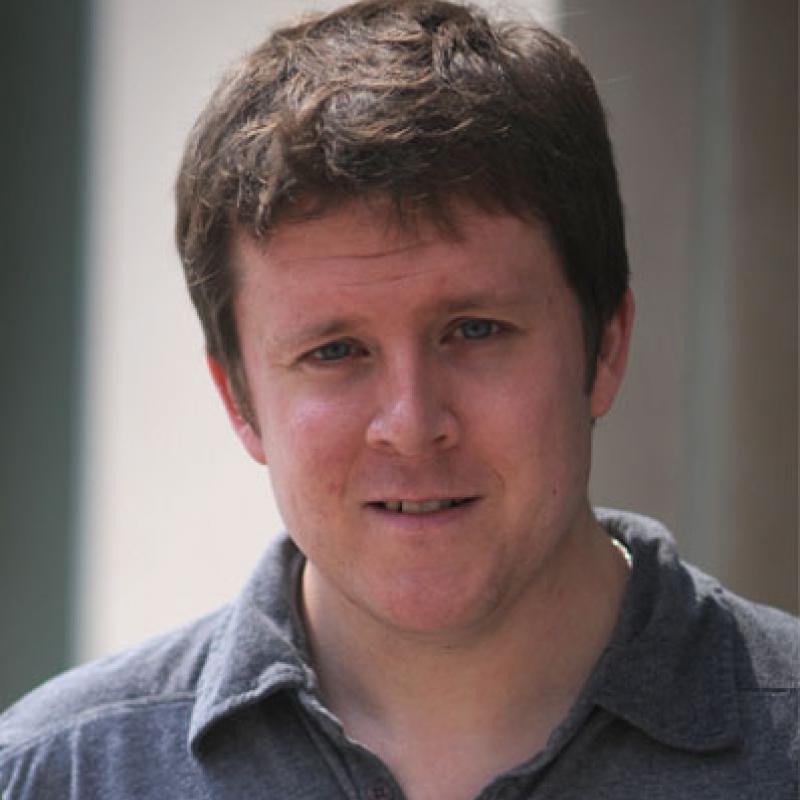
Christopher J. Finlay is a PhD Candidate at the Annenberg School for Communication at the University of Pennsylvania. He holds a BA in political science from Simon Fraser University (Vancouver, Canada) and an MA in political science from Carleton University (Ottawa, Canada). He is writing his dissertation, which examines how the Olympic Games are used as political tools by Games organisers, nation-state, corporate sponsors, and local and global media groups in order to build or combat particular agendas.Chris recently worked on Owning the Olympics: Narratives of the New China, edited by Monroe E. Price and Daniel Dayan. His contributions to this publication include the articles 'Towards the Future: London and the Beyond' and 'New Technologies, New Narratives', co-written with Lee Humphreys. Chris has also written about the Olympics in The Huffington Post and is a staff writer for Culture @ the Olympics, an online research publication. While at the Reuters Institute, Chris will develop an analysis of how new media technologies are influencing the development of the major media narratives of the 2012 London Olympics. Existing scholarship on the Olympic Games and the media has traditionally taken a 'media events' approach that emphasises the role of broadcast media in transmitting the Games spectacle, as conceived by a small group of key stakeholders, to global audiences. One of the key questions that Chris will be exploring is whether this model is still appropriate for understanding global events such as the Olympic Games, in a new media environment where numerous 'unofficial' actors have the opportunity to play a part in shaping the identity of the Games. Already, in these early stages of the preparation for the 2012 Olympics and the Cultural Olympiad, key Games delivery organisations are actively engaging with new media and are experimenting with its potential. London 2012 is a particularly fascinating case study because official Games stakeholders must contend with the question of how to balance attempts to encourage citizen participation in the construction of the Games via new media outreach activities with a concurrent desire to monitor and shape the discursive identity of the Games.

